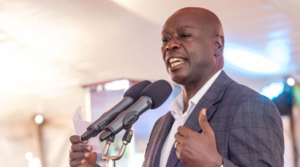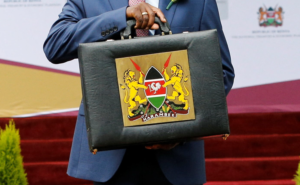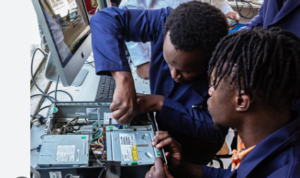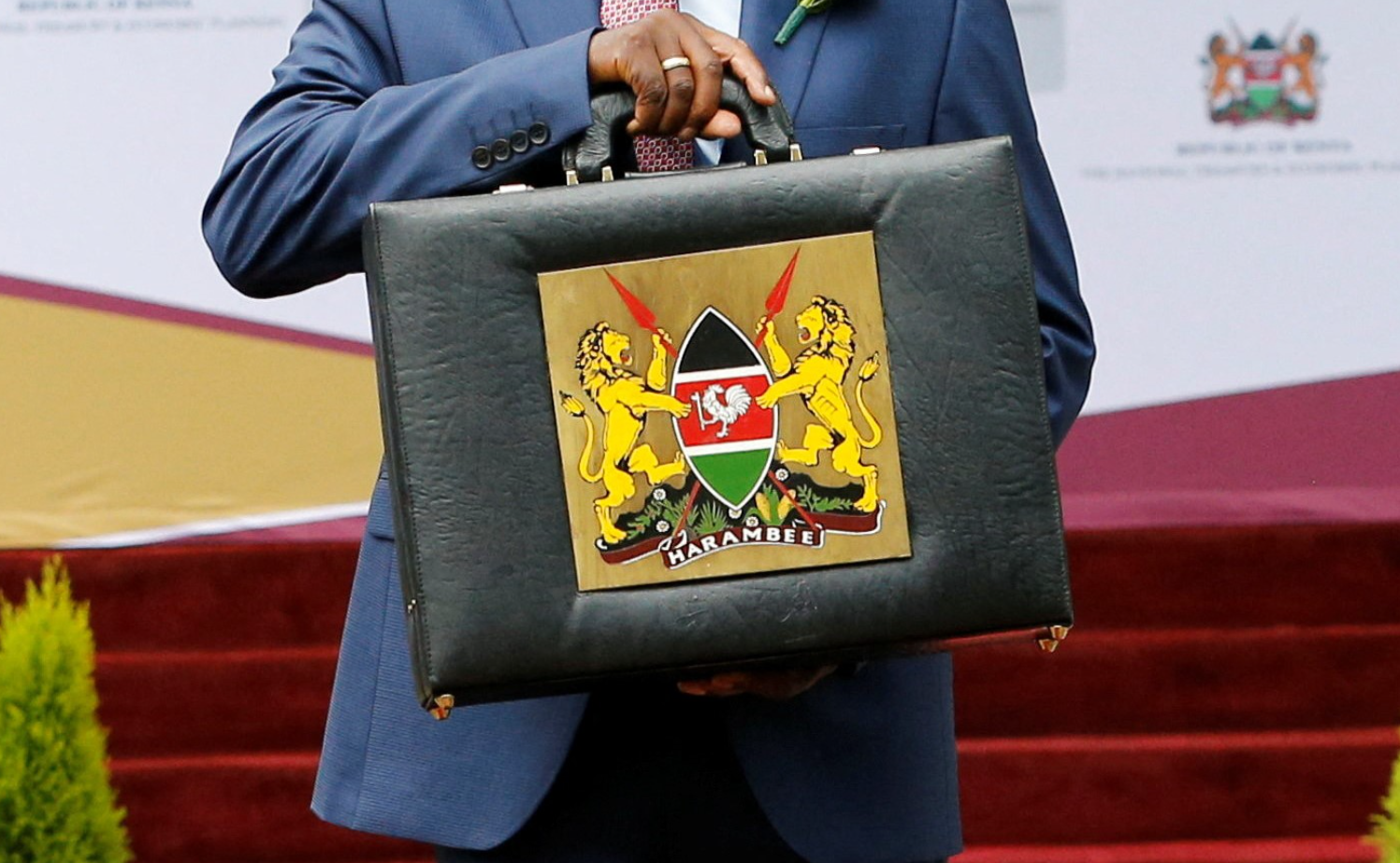The relationship between Kenya and Namibia is more than just diplomatic ties; it is a narrative interwoven with themes of solidarity and a common goal of an economically thriving Africa. This strong relationship was demonstrated by the recent meeting between Namibian Minister Dr. Peya Mushelenga and Kenyan Cabinet Secretary Dr. Musalia Mudavadi.
They talked about bringing back the Joint Commission for Cooperation (JCC), a structure designed to facilitate cooperation between different industries in 2018.
Although there was a brief hiatus due to the epidemic, the JCC midterm review scheduled for later this year in Windhoek represents a firm resolve to rekindle this cooperative engine. This is encouraging for the development of social and economic relations between the two countries.
Dr. Mudavadi emphasized that Kenya is keen to benefit from Namibia’s extensive mining industry experience. Kenya wants to use Namibia’s wealth of mineral resources and mining know-how to advance its own mining sector. Furthermore, the sustainable use of marine resources, or the “blue economy,” was identified as a possible area of cooperation.
Namibia’s long coastline and Kenya’s well-established maritime experience offer interesting opportunities for cooperative partnerships in aquaculture, fisheries, and marine renewable energy.

A woman by the lake holding fish
Dr. Mushelenga recognized the crucial role played by Kenya in maintaining regional stability. Kenya’s participation in peacekeeping operations has been instrumental in promoting stability in Africa, and Namibia is eager to learn from its valuable experience.
Namibia desires to collaborate with Kenya in areas beyond security and gain knowledge of its agricultural successes in producing tea and coffee, which are two of Kenya’s primary exports.
Moreover, Namibia is interested in the advancements made by Kenya in healthcare and information and communication technology (ICT). Collaboration in these areas could bridge the digital divide and significantly improve Namibia’s healthcare system.
The opportunity for collaboration goes beyond technical skills. Dr. Mushelenga underlined Namibia’s desire to promote knowledge exchange across universities. This student and teacher mobility would provide a platform for cross-pollination of ideas, stimulating innovation and quickening advancement in a variety of sectors.
This meeting between Kenyan and Namibian officials marks an important step toward a more robust and varied collaboration. By strategically combining their capabilities, both countries stand to benefit greatly.
Kenya can benefit from Namibia’s experience in mining and the blue economy, and Namibia can learn from Kenya’s expertise in peacekeeping, agriculture, healthcare, and information and communication technology.
University collaborations would enhance this trade by developing a generation of talented professionals capable of propelling both countries toward a brighter future.
Ultimately, the Kenya-Namibia connection illustrates the importance of solidarity and collaboration in advancing African development.
With a renewed emphasis on the JCC and a commitment to information sharing, this collaboration has the potential to generate considerable economic and social advantages for both countries, cementing their roles as essential stakeholders in forging a more affluent Africa.













